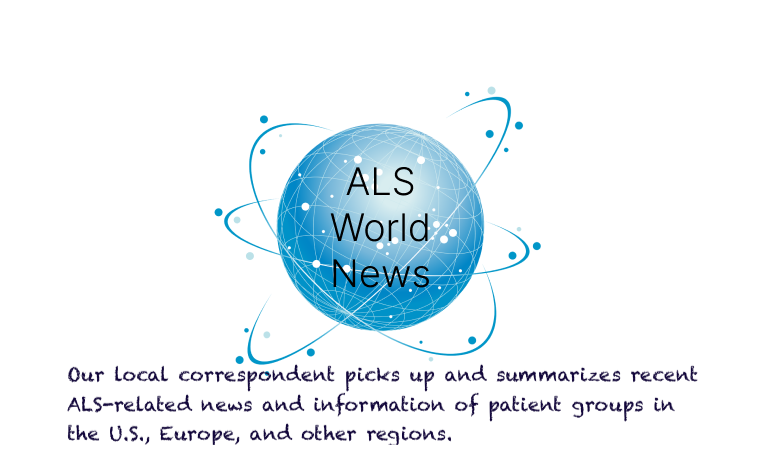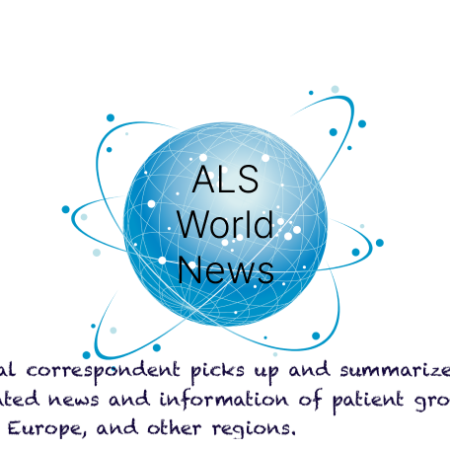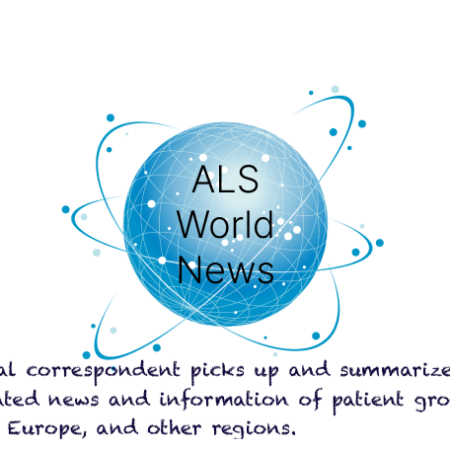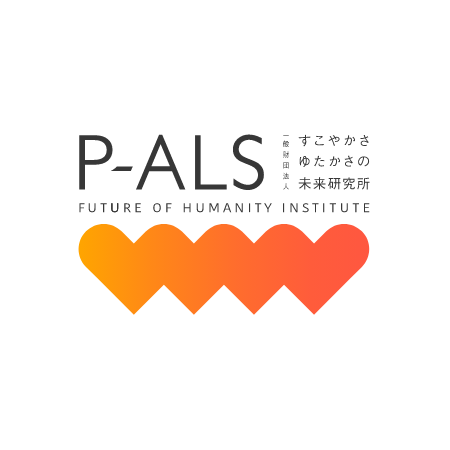In the UK, healthcare and social welfare services are provided by the National Health Service (NHS), a public healthcare system funded by public money. In simple terms, British citizens and foreigners like me (Japanese nationals) can receive free medical services as long as we pay taxes (the consumption tax is 20%, and income tax and resident tax are also quite high).This system, which began in 1948 with the concept of ensuring equal access to treatment for everyone, allocates approximately 25% of the UK national budget to the NHS. However, various challenges have emerged, as reported in the news on a daily basis (for example, waiting times of up to two years to see a dermatologist).
Tofersen has not yet received formal approval for use in the NHS in the UK.
However, in cases where there is a clear expectation of efficacy, it can be used free of charge under the government’s Early Access Program (EAP) until formal approval (i.e., NHS reimbursement) is granted. Despite the fact that approximately 30 ALS patients with the SOD1 gene mutation have used Tofersen since 2022 and shown clear improvements, approximately 20 patients have reportedly been denied access to the treatment.
The reason given is that there is no facility within the NHS capable of administering monthly bone marrow injections (toferten) in the patient’s area (it is likely that the NHS is facing financial difficulties and lacks the funds to establish such a system).
Among patients who were denied access to Tofersen, there are reportedly some who have moved to France for treatment and have shown clear improvements.
However, moving to a neighboring country for treatment is not something everyone can easily do.
In response, the Motor Neuron Disease Association (MND), a charitable organization, led a petition with 21,859 signatures urging the government to expedite approval for the use of the new drug within the NHS. Additionally, they appealed to the National Institute for Health and Care Excellence (NICE), the body responsible for assessing the cost-effectiveness of treatments, to expedite the approval process.
When considering the NHS system and cost-effectiveness, one cannot help but wonder about the significant impact of the delay in approval for a clear hope for patients with rare diseases.
Although this medication is only effective for approximately 2% of ALS patients who carry the SOD1 gene, many patients using toferersen have shown significant improvements (e.g., being able to write a Christmas card last year despite being unable to do so the previous winter, and walking outside without a cane). We sincerely hope that all eligible patients across the UK will soon have access to this medication, ensuring they can receive it reliably wherever they are in the country.
Tofersen in the UK: our Prescribe Life campaign | MND Association
NICE approval: The anxious wait for life-changing drug decisions – BBC News
‘Time is running out’ for patients denied life-changing drug on NHS | UK | News | Express.co.uk
NHS Accelerated Access Collaborative » Early Access to Medicines Scheme
Reported by Tokiko Kawashima from London on July 22, 2025







